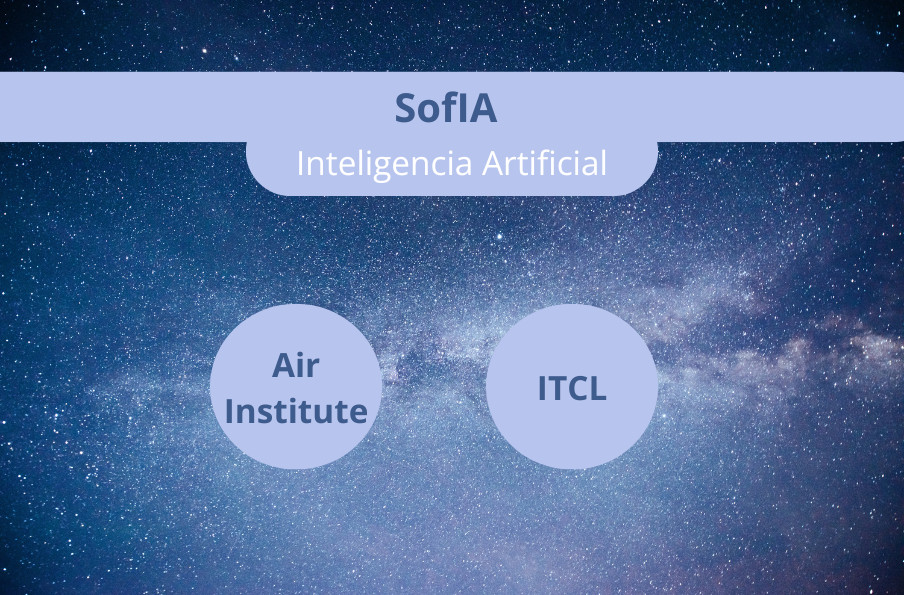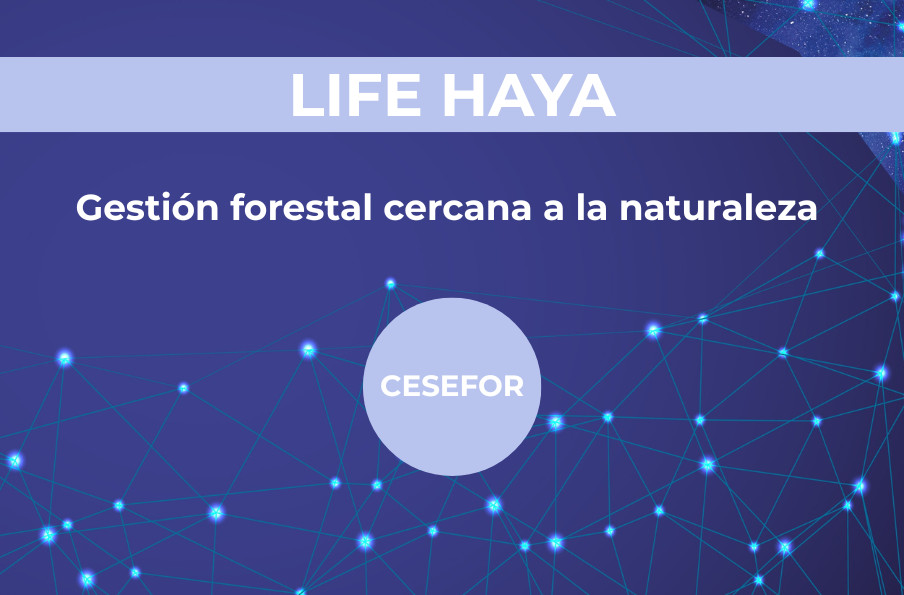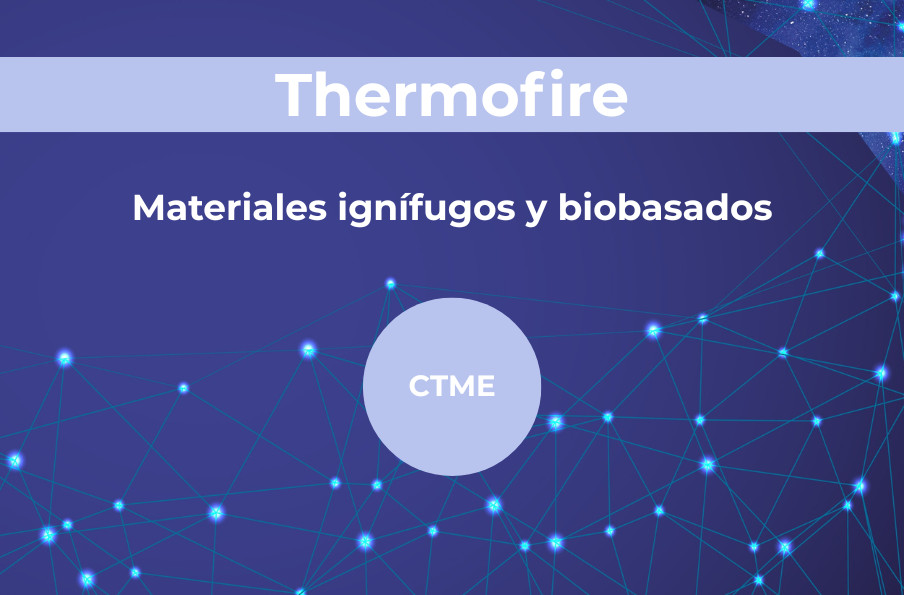The Intercentros Visit to Cesefor at its headquarters in León, organized by NODDO, opens new ways for waste valorization, promoting collaboration and innovation among the technology centers of Castilla y León in favor of a circular economy.
On May 6, we had the privilege of attending a transcendental event at Cesefor’s headquarters in León, where experts from all over Castilla y León gathered for a common cause: waste recovery.
Organized by NODDO and supported by the technology centers of Castilla y León assistants CTME, Itagra, ICAMCyL and CETECE, the Intercentros Visit has marked a milestone in collaboration and technological innovation, offering a unique space for the exchange of ideas and the exploration of future synergies.

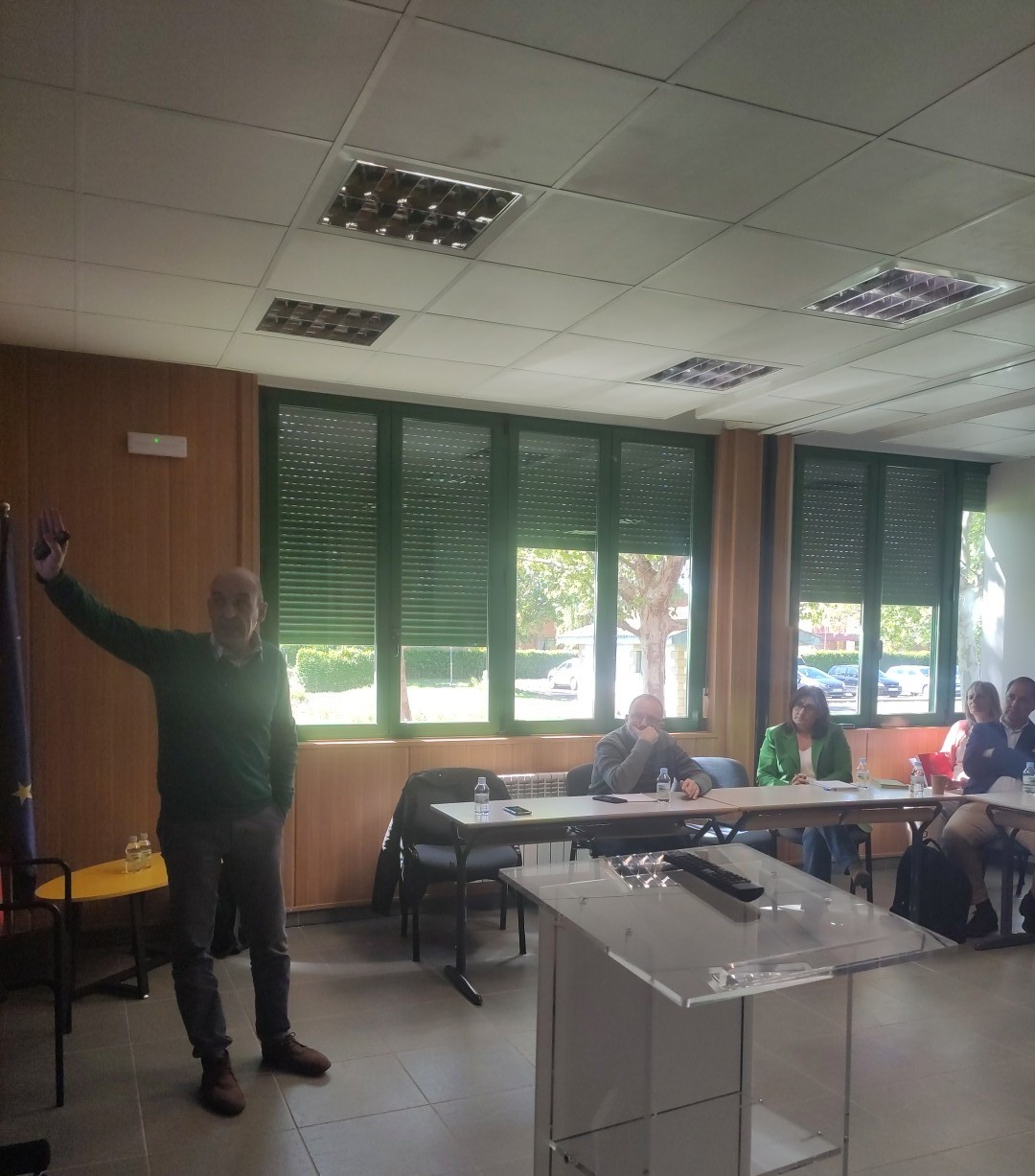
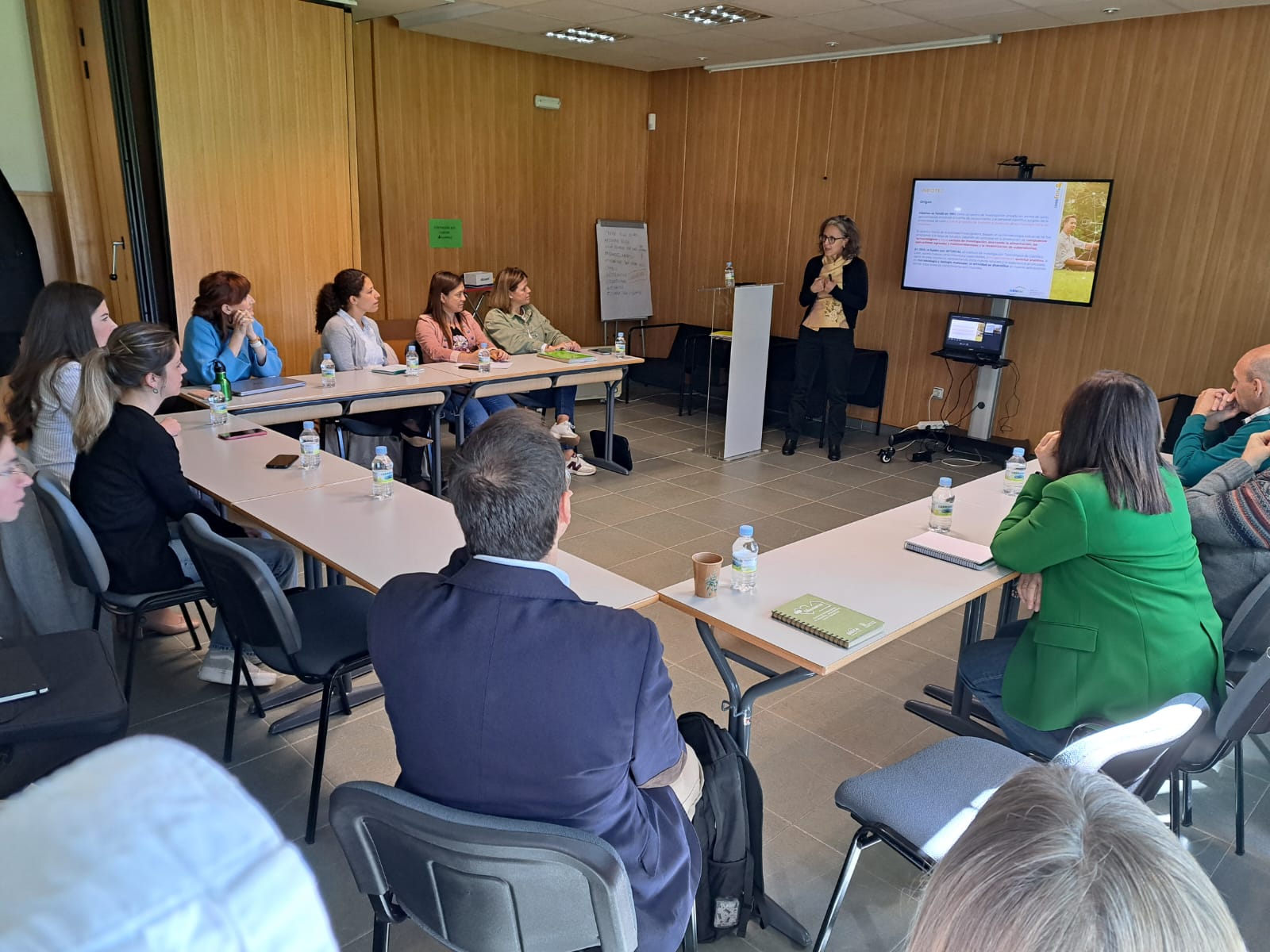
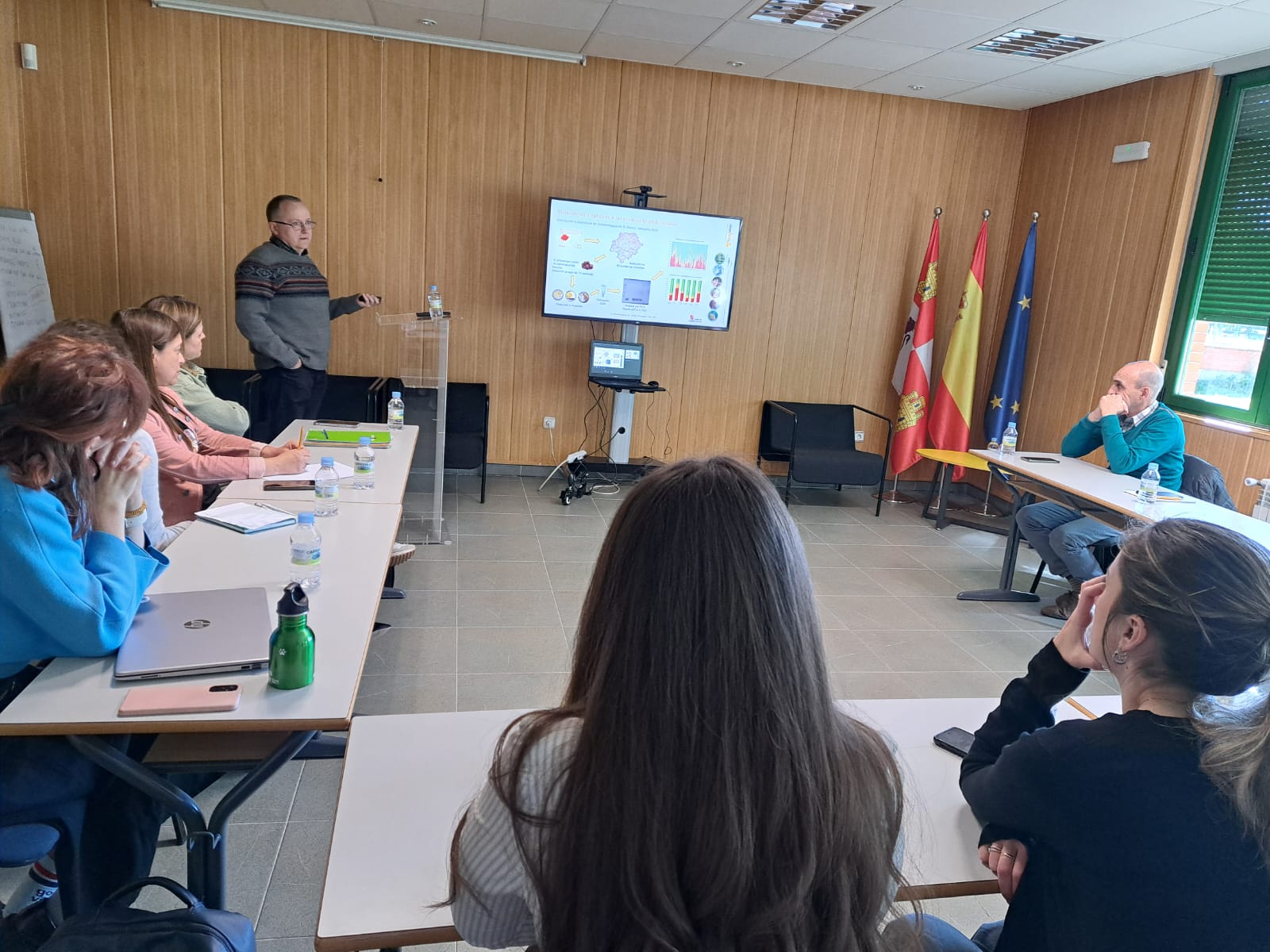
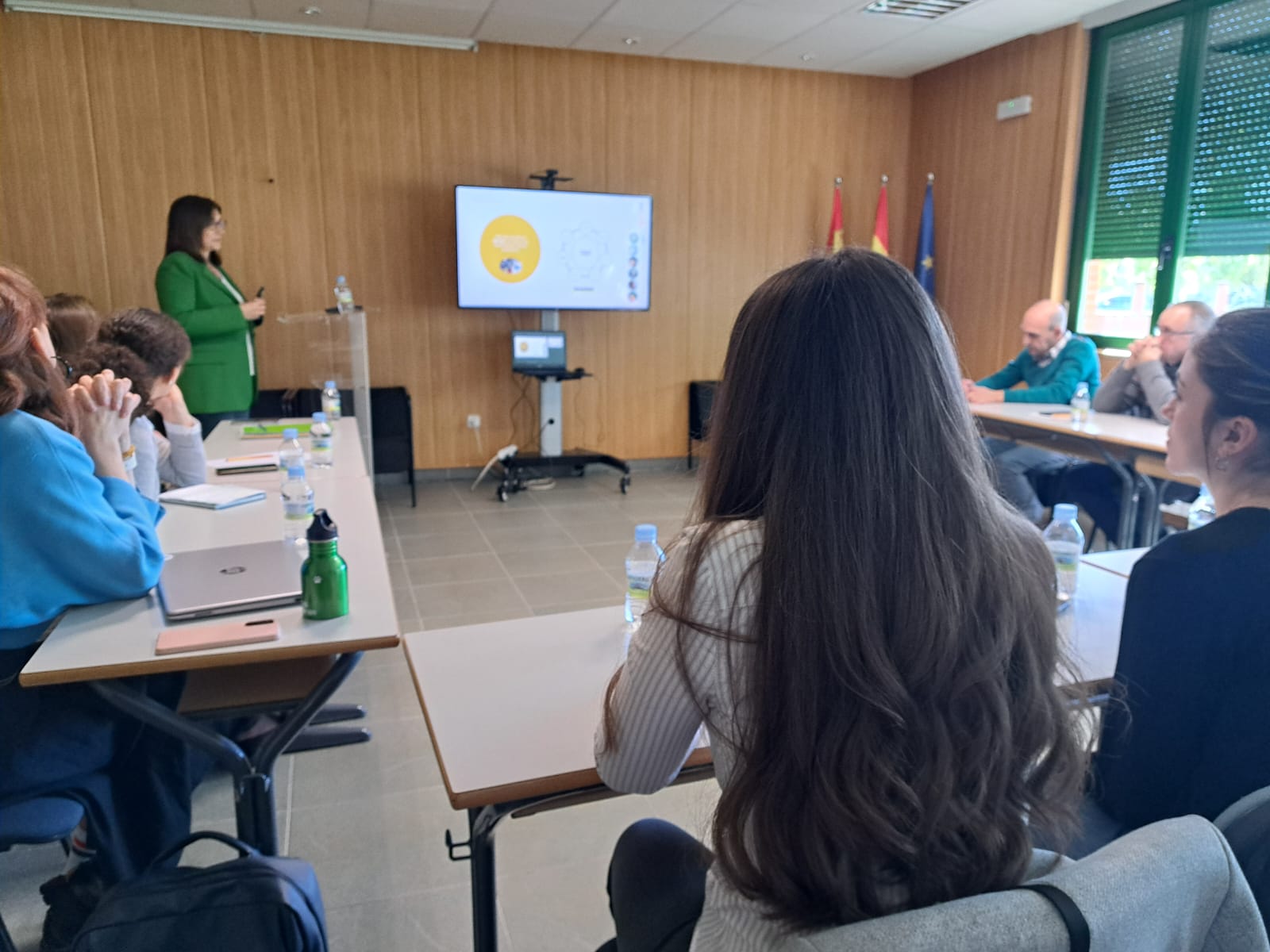

Innovation in biotechnology
The day began with an introduction to the new Biotechnology Area of Cesefor in which the latest research and technologies in forest eco-surveillance were presented. Alberto Sola, highlighted how his team uses advanced molecular techniques to protect our biodiversity, emphasizing the importance of molecular diagnostics in the management of forest pathogens.
María del Mar Calonge took us on a journey through physicochemical analytical methods. With a clear and accessible explanation, she showed us how her team works in the identification and characterization of substances for various sectors such as pharmaceutical and environmental, always under strict international standards.
In the materials sector, Tamara Coello provided insight into the use of non-typically sourced materials to manufacture more sustainable boards. Her focus on reducing the use of a harmful chemical is a clear example of how innovation can be aligned with stricter regulations to improve health and the environment.
Strategic framework: circular economy in Castilla y León
The event continued with an inspiring talk by Jesús Ángel Díez, Program Director of Fundación Patrimonio Natural, who outlined the regional strategic framework for waste recovery and circular economy. His vision ranged from extending the useful life of materials to integrating more sustainable practices in local industry.
The networking coffee session became a suitable ground for the discussion of collaborative projects, such as the one presented by Eva Ferrero, project manager of NODDO, who presented ideas on how critical waste can be transformed into valuable resources for bioplastics and other uses, and how the region’s technology centers have the capacity to identify the most efficient routes for the valorization of waste to obtain resources.
Guided tour: technology and sustainability in action
Finally, the visit to Cesefor’s facilities in León provided a first-hand look at the equipment and technologies that are making these advances possible. The modern infrastructure and commitment to sustainability were palpable at every step.
This event has been a showcase of current capabilities in waste valorization, laying the groundwork for future collaborations between technology centers in Castilla y León. Through dialogue and cooperation, the future is being anticipated and created.
The Intercenter Visit to Cesefor León on waste valorization is a clear example of how collaboration and innovation can lead to sustainable solutions that benefit both our society and the planet. With events like this, Castilla y León is positioned as a leader in promoting a more circular and sustainable economy.
Biotechnology Areakey to the competitiveness of the forestry sector and improvement of the bioeconomy
Biotechnology applied to forestry offers opportunities for genetic conservation and for increasing the production of timber and other forest products by applying a cautious approach that examines, on a case-by-case basis, the integration of these new tools into long-term conservation and improvement programs.
The incorporation of Inbiotec into the Cesefor Foundation, which will govern the operation of the Leonese center from October 2021, was carried out with the aim of maintaining the institute as a leading center. At the same time, Cesefor saw an opportunity to bring a new strategic line of work to the Foundation to further boost the competitiveness of the forestry sector and its associated industry.



